In the realm of house construction, efficiency is a paramount consideration. Building an efficient house not only reduces environmental impact but also offers long-term cost savings and enhanced comfort for its occupants. However, determining the most efficient type of house to build requires a comprehensive understanding of various factors, including energy consumption, materials, design, and technology. In this article, we delve into the depths of house construction to unveil the epitome of efficiency.
- Passive House Design:
Passive House design represents the pinnacle of energy-efficient construction. By utilizing a combination of insulation, airtightness, ventilation, and solar gain optimization, these houses minimize the need for traditional heating and cooling systems. The result is a significant reduction in energy consumption and a comfortable living environment throughout the year. - Net-Zero Energy Homes:
Net-zero energy homes take efficiency to the next level by producing as much energy as they consume. These houses incorporate renewable energy systems such as solar panels, wind turbines, or geothermal heat pumps to generate electricity and heat. Through meticulous energy management and efficient appliances, net-zero energy homes achieve a balance between energy consumption and production, resulting in minimal environmental impact and utility bills. - Prefabricated and Modular Construction:
Prefabricated and modular construction methods offer efficiency in terms of time, cost, and resource utilization. These houses are built off-site in controlled environments, allowing for precise construction and reduced material waste. Additionally, the streamlined assembly process significantly reduces construction time, making them an attractive option for those seeking efficient and sustainable housing solutions. - Green Building Materials:
Choosing the right materials is crucial for constructing an efficient house. Opting for sustainable and energy-efficient materials such as recycled steel, bamboo, straw bales, or insulated concrete forms can enhance the overall efficiency of the structure. These materials often possess excellent insulation properties, reducing energy loss and promoting a more comfortable indoor environment. - Smart Home Technology:
Integrating smart home technology can further optimize the efficiency of a house. From automated lighting and thermostats to energy monitoring systems, these technologies allow homeowners to manage and control energy consumption effectively. By analyzing data and adjusting settings, smart home systems can minimize wastage and maximize efficiency, ultimately reducing energy bills and environmental impact.
Conclusion:
When it comes to building an efficient house, the options are vast and varied. However, the most efficient type of house to build encompasses a combination of passive design principles, net-zero energy concepts, prefabricated construction methods, sustainable materials, and smart home technology. By embracing these elements, homeowners can create a dwelling that not only minimizes environmental impact but also provides long-term cost savings and a comfortable living space. Embrace the epitome of efficiency and embark on a sustainable future with your dream house.

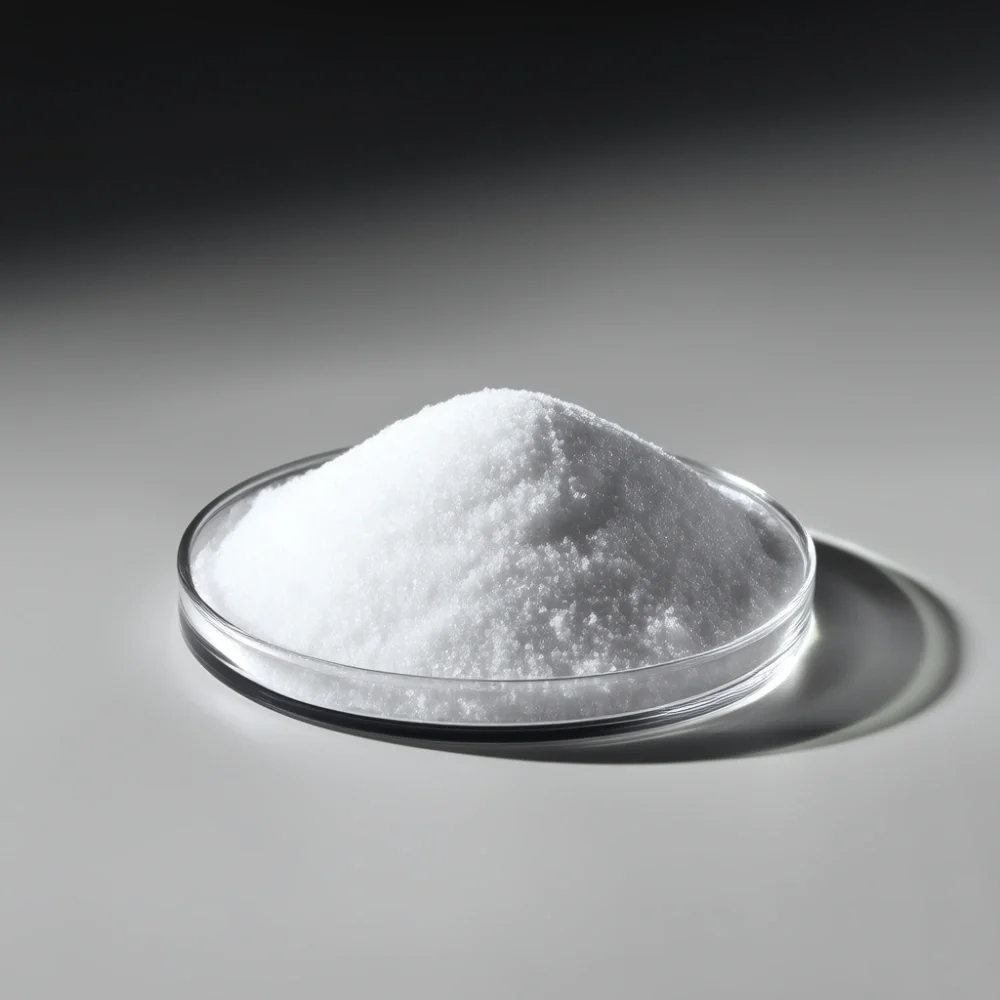
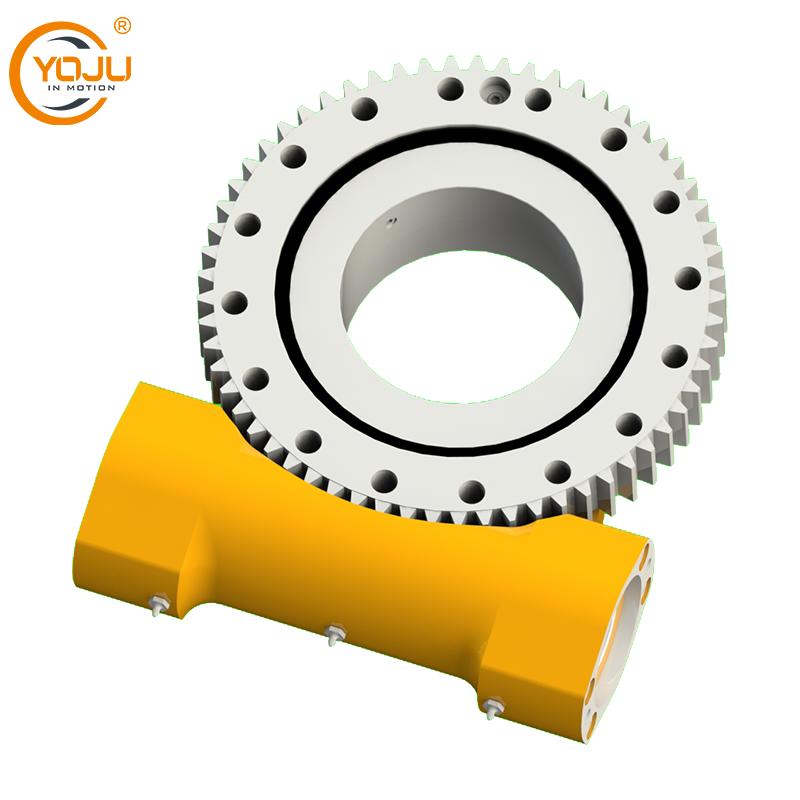
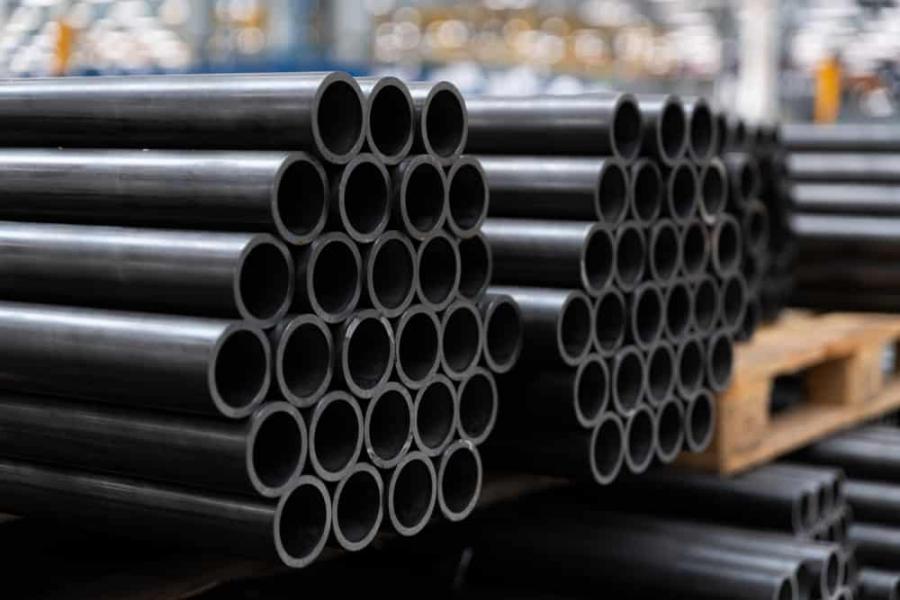
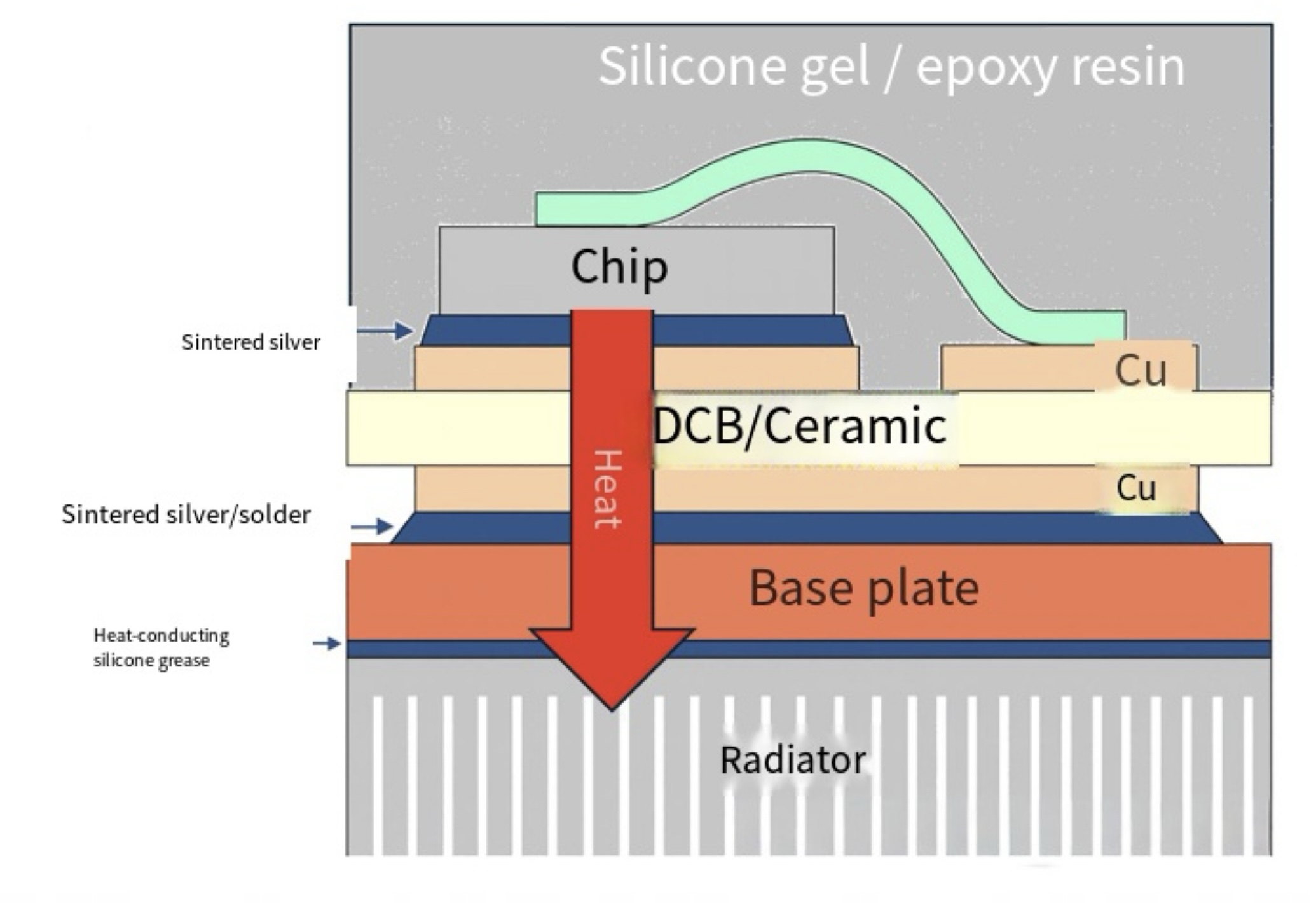
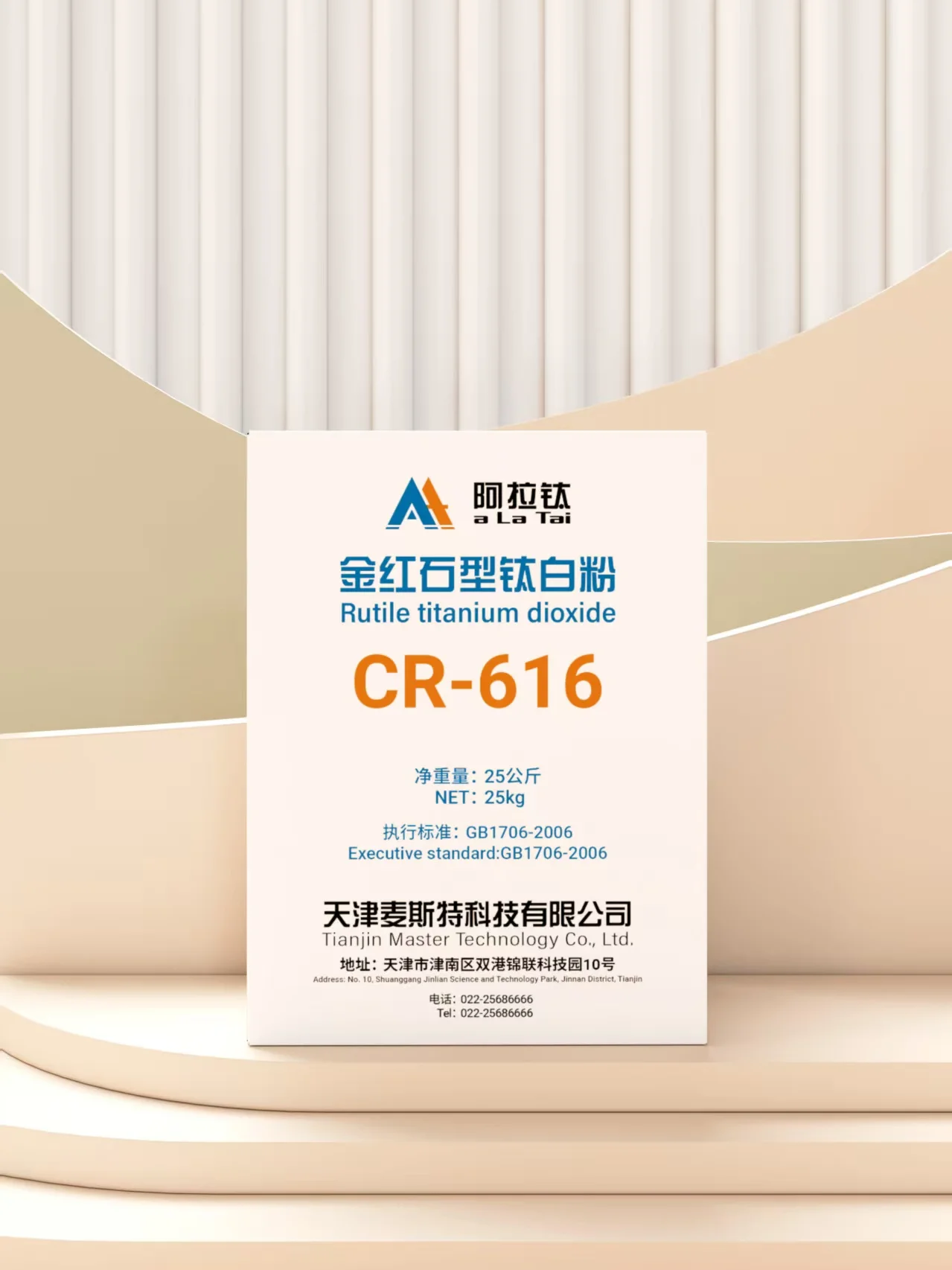
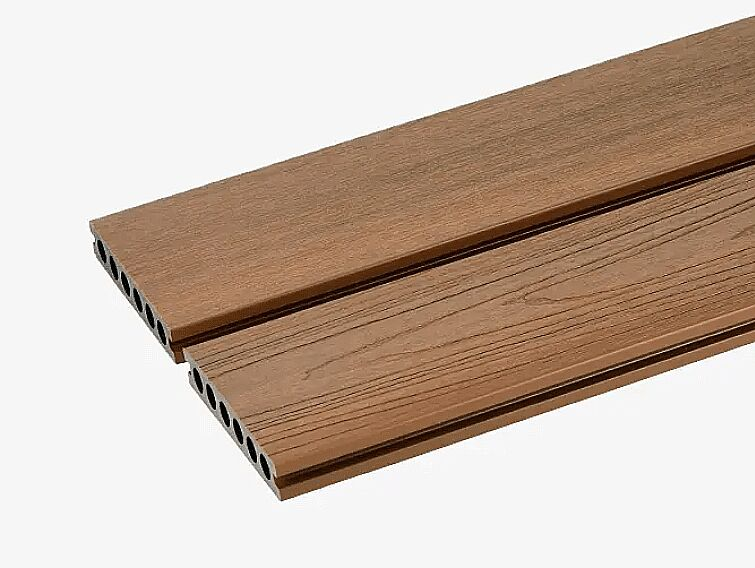
+ There are no comments
Add yours